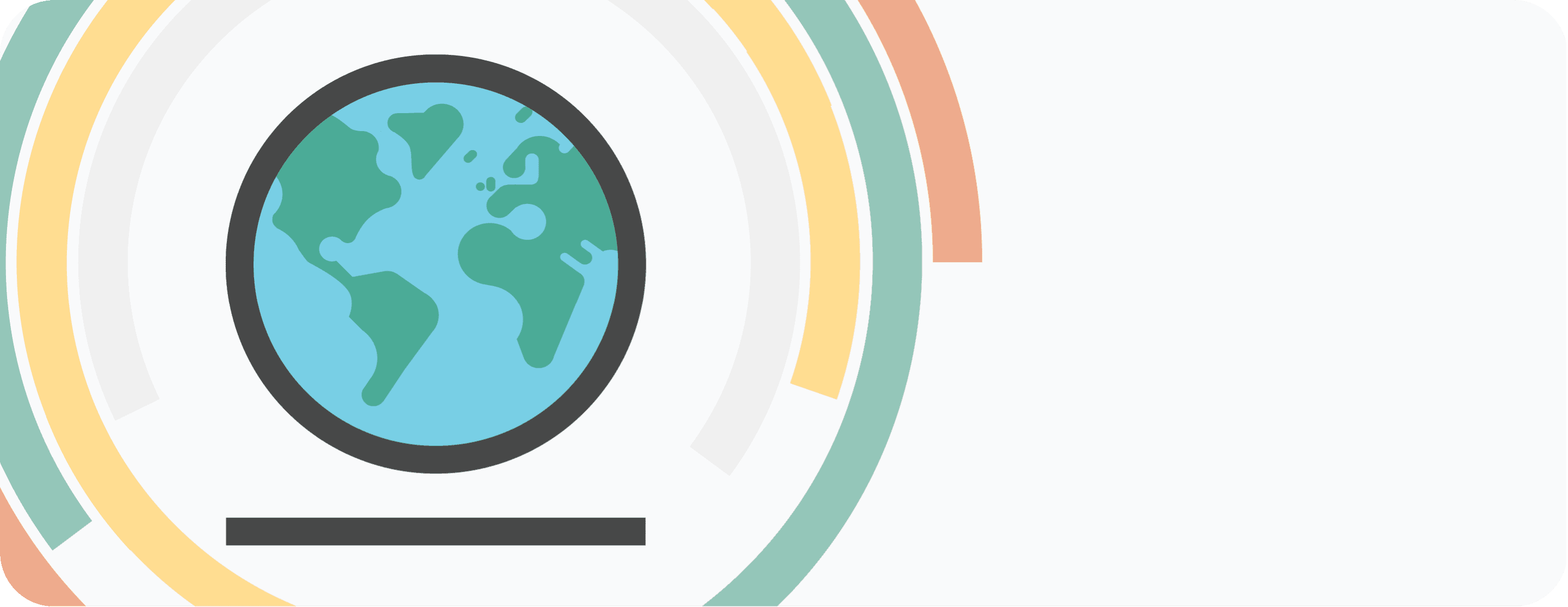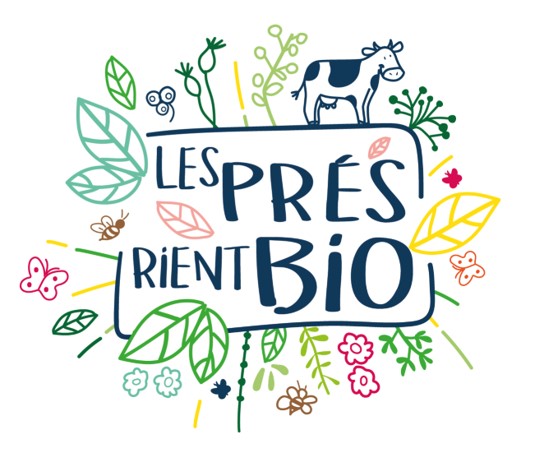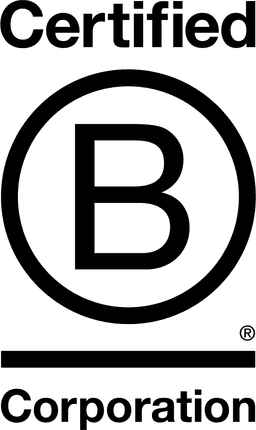

Les Prés Rient Bio

Île-de-France, France
September 2017
Food products
Wholesale/Retail
France
The mission of Les 2 Vaches, a brand of Les Prés Rient Bio, the French Organic dairy subsidiary of Danone, is to develop the production and the consumption of organic food through the commercialization of Les 2 Vaches in retail stores. Les 2 Vaches is not only a French organic dairy brand, but also a team of people convinced that the agricultural model can be changed, by providing healthier food for the people and the planet. Since 2006, Les 2 Vaches has been committed to developing strong partnerships with organic farmers, and encourage organic conversions. Year after year, Les 2 Vaches has been working on the quality of their products, by shortening the ingredients list, and being transparent on the ingredients sourcing. Not to mention the cows, for which a welfare program has been created. By embracing a joyful and educational spirit we’ve been increasing awareness of organic and sustainable consumption. Les 2 Vaches is not only an organic dairy company but also a company with a purpose : develop a new alimentation model, with more meaning and transparency and pleasure for all!
Overall B Impact Score
Governance 18.0
Governance evaluates a company's overall mission, engagement around its social/environmental impact, ethics, and transparency. This section also evaluates the ability of a company to protect their mission and formally consider stakeholders in decision making through their corporate structure (e.g. benefit corporation) or corporate governing documents.
What is this? A company with an Impact Business Model is intentionally designed to create a specific positive outcome for one of its stakeholders - such as workers, community, environment, or customers.
Workers 29.7
Workers evaluates a company’s contributions to its employees’ financial security, health & safety, wellness, career development, and engagement & satisfaction. In addition, this section recognizes business models designed to benefit workers, such as companies that are at least 40% owned by non-executive employees and those that have workforce development programs to support individuals with barriers to employment.
Community 38.9
Community evaluates a company’s engagement with and impact on the communities in which it operates, hires from, and sources from. Topics include diversity, equity & inclusion, economic impact, civic engagement, charitable giving, and supply chain management. In addition, this section recognizes business models that are designed to address specific community-oriented problems, such as poverty alleviation through fair trade sourcing or distribution via microenterprises, producer cooperative models, locally focused economic development, and formal charitable giving commitments.
What is this? A company with an Impact Business Model is intentionally designed to create a specific positive outcome for one of its stakeholders - such as workers, community, environment, or customers.
Environment 34.1
Environment evaluates a company’s overall environmental management practices as well as its impact on the air, climate, water, land, and biodiversity. This includes the direct impact of a company’s operations and, when applicable its supply chain and distribution channels. This section also recognizes companies with environmentally innovative production processes and those that sell products or services that have a positive environmental impact. Some examples might include products and services that create renewable energy, reduce consumption or waste, conserve land or wildlife, provide less toxic alternatives to the market, or educate people about environmental problems.
What is this? A company with an Impact Business Model is intentionally designed to create a specific positive outcome for one of its stakeholders - such as workers, community, environment, or customers.
Customers 4.3
Customers evaluates a company’s stewardship of its customers through the quality of its products and services, ethical marketing, data privacy and security, and feedback channels. In addition, this section recognizes products or services that are designed to address a particular social problem for or through its customers, such as health or educational products, arts & media products, serving underserved customers/clients, and services that improve the social impact of other businesses or organizations.